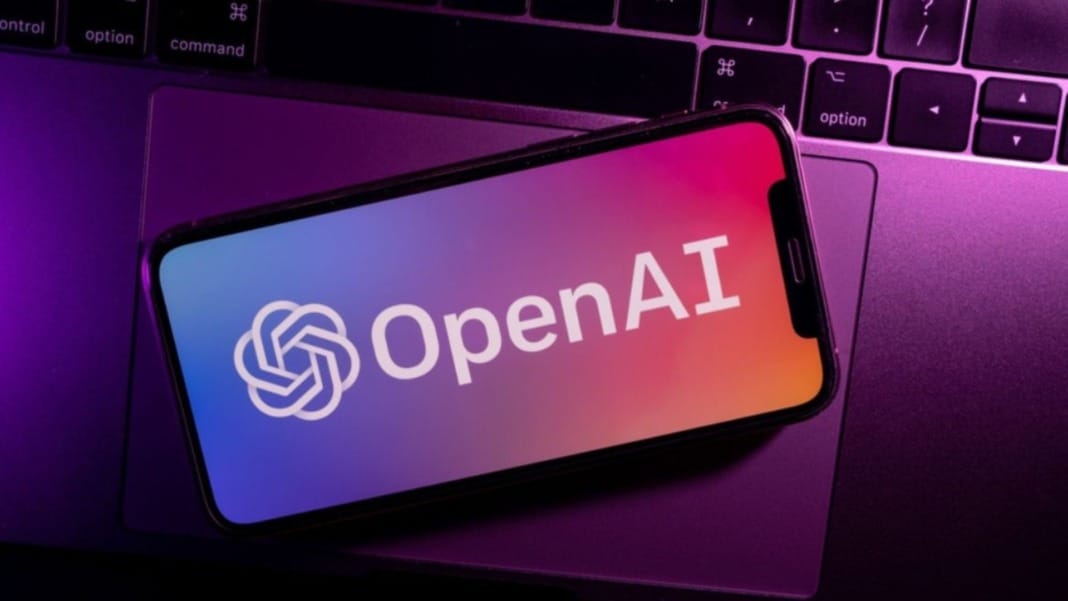The Financial Times (FT) has recently entered into a licensing agreement with OpenAI, an artificial intelligence firm, aimed at broadening the use of AI tools and integrating FT content. This development highlights a growing trend where news organisations are engaging with AI companies to push the boundaries of technology in journalism.
With this new arrangement, ChatGPT users will gain access to summaries, quotes, and links to FT articles, ensuring that content sourced from the Financial Times is always credited to the publisher. This initiative helps maintain transparency and credibility in the information provided to users.
In addition, the partnership will see OpenAI collaborate with the Financial Times to develop innovative AI products. The FT is already utilising AI technologies, being a customer of the ChatGPT Enterprise service. It also launched a beta version of a generative AI search tool last month, powered by Anthropic’s Claude large language model. Named “Ask FT,” this feature enables subscribers to search through the publication’s extensive range of articles more effectively.
Despite the technological advancements, John Ridding, CEO of the Financial Times Group, reaffirms the publication’s commitment to traditional journalism. He stresses the importance of AI platforms compensating publishers for their content and the benefits of embedding trustworthy sources within these platforms, which he believes serves the best interests of users.
OpenAI has formed similar content licensing agreements with other news organisations to train its AI models. These include partnerships with Axel Springer, which publishes Business Insider, Politico, Bild, and Welt, and an arrangement with The Associated Press for data training purposes.
Financially, OpenAI offers between US$1 million and US$5 million for content licensing, which is significantly lower than the sums tech giants like Apple are prepared to offer.
The evolving relationship between AI technologies and the media is not without controversy. The New York Times, for example, filed a lawsuit against OpenAI and Microsoft in December 2023, accusing them of copyright infringement for using its content verbatim in ChatGPT. Other publications such as The Intercept, Raw Story, and AlterNet have lodged similar complaints.
These legal actions and partnerships reflect the complex interaction between innovation, intellectual property rights, and the ongoing value of human-driven journalism in the digital age.




